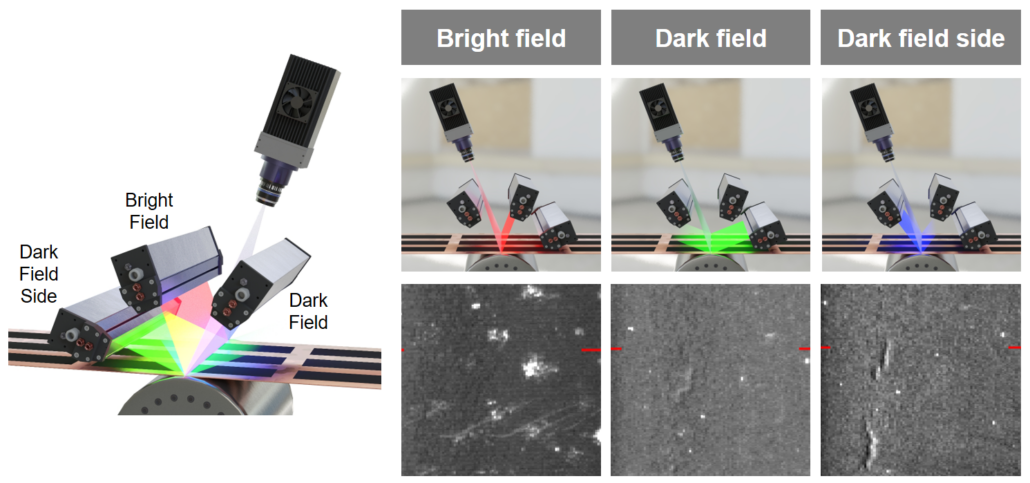Our Next Energy Inc (ONE), a Michigan-based energy storage technology company, has announced the start of production of lithium iron phosphate (LFP) battery cells. The start of cell production comes one year after ONE Circle committed to commission a 20-gigawatt-hour battery factory complex in Van Buren Township, Michigan. “The start of cell production at ONE Circle is an important step toward building an LFP battery industry in the U.S. supported by a North American supply chain,” said Mujeeb Ijaz, CEO and founder of ONE. “With Michigan-made LFP cells, ONE is eliminating dependence on nickel and cobalt while meeting the key requirements of automakers: range, safety and a dedicated supply chain.” ONE manufactures the LFP cells in the company’s own pilot line. The line allows ONE to validate the cells with production intent and develop employee training while providing samples to customers for testing. Next year, ONE will commission a more significant, multi-gigawatt-hour scale LFP line. Source: https://www.prnewswire.com/news-releases/our-next-energy-one-begins-pilot-production-of-lfp-battery-cells-at-20-gwh-michigan-factory-301974117.html










